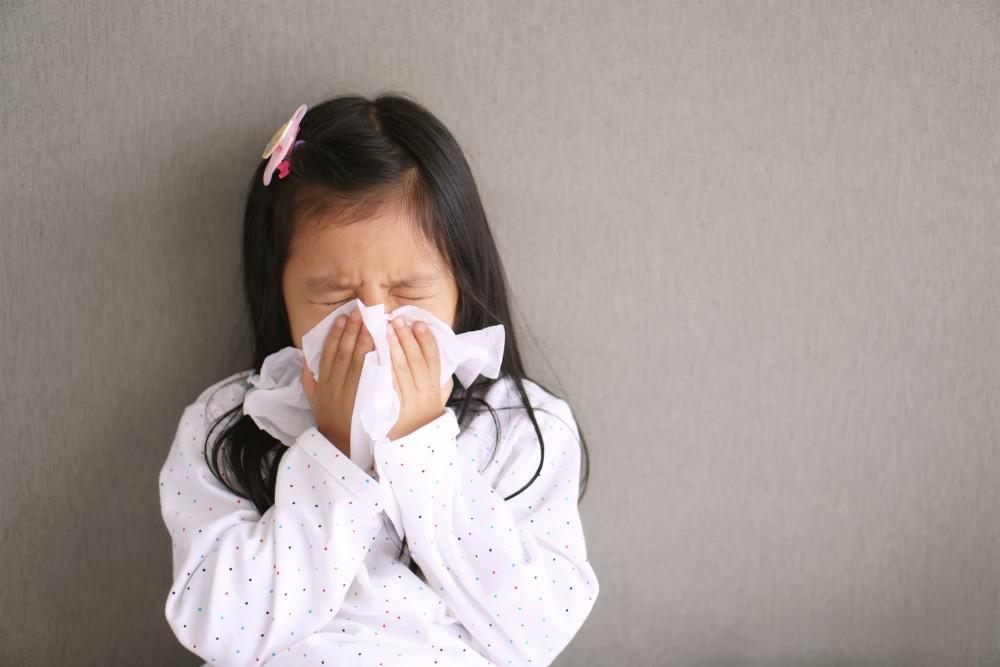
Does Your Toddler Have Allergies or a Cold? Here's What to Look For

Is your toddler experiencing coughing, sneezing, or a runny nose? Are you struggling to find ways for how to help them find relief?
Some of the symptoms of the common cold overlap with the symptoms of allergic reactions. Spotting the differences between the two becomes increasingly difficult during the spring, the season in which most people develop allergies due to pollen.
However, even if you suspect that pollen isn’t the cause for your toddler’s symptoms, there are other allergens that could be causing issues and aren’t easy to detect. For example, dust, mites, and even a new pet can cause symptoms.
Although testing is the only sure way to determine the cause of your toddler's symptoms, we asked our team of medical professionals at Bethel Family Medicine about the differences between common cold symptoms and allergic reactions. Read on to find out what they are.
Cold symptoms vs allergy symptoms
Both the common cold and allergic reactions are often accompanied by sneezing, watery eyes, and a sore throat. But there’s one symptom that isn’t associated with allergic reactions: fever.
A fever occurs when the hypothalamus raises the body’s temperature to fight infection. However, this defense mechanism isn’t without its flaws. In some cases, the body loses control over the internal thermostat of the body, causing a rise in body temperature that isn’t just inhospitable to viruses, but can also damage your internal organs.
Hay fever is a misnomer because it involves sneezing, a runny nose, and watery eyes, but it doesn’t come with a fever.
Keep in mind, a cold isn’t the flu. If your toddler experiences an abrupt onset of high fever, headaches, severe coughing, and chest discomfort, you should seek immediate health advice, as these are symptoms of the flu, which is associated with severe complications.
Young children and the elderly are at a higher risk of developing complications because their immune systems aren’t as strong.
The persistence of the symptoms
The common cold usually doesn’t last longer than two weeks in healthy toddlers with a good immune system. However, allergies persist as long there’s an allergen present. For example, nasal congestion from pollen, dust, or mites can cause issues year-round.
When ignored, allergic reactions such as allergic rhinitis can lead to inflammation in the throat, ear, or sinuses.
Find out the root cause of your toddler's suffering
While at-home treatments can help relieve symptoms, it’s important to ask a medical professional about the medicine you intend to administer to your child. Even medications sold over the counter can pose issues for some children.
If your toddler’s symptoms won’t go away, an allergy could be the culprit. At Bethel Family Medicine, we offer pediatric care and can help you treat and prevent allergic reactions.
You Might Also Enjoy...


Why We're Concerned About High Blood Pressure (and Why You Should Be, Too)

Can I Get Botox® and Fillers at the Same Time?

5 Complications of Diabetes and How to Avoid Them

When You Should Seek Medical Help for a Stomach Flu

